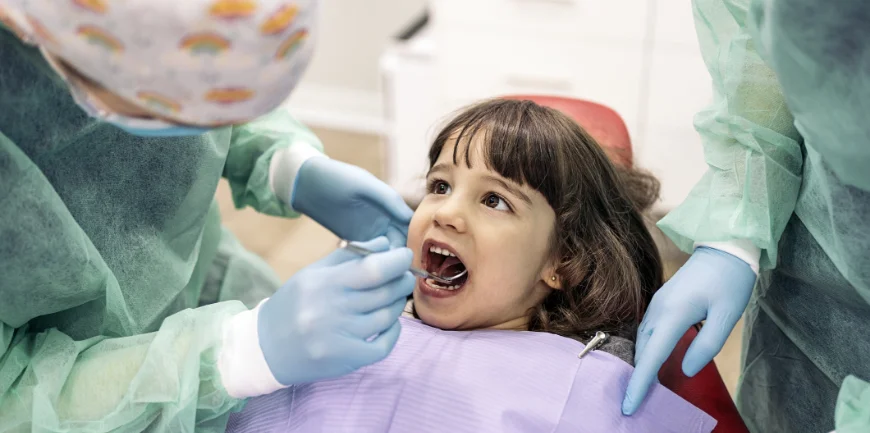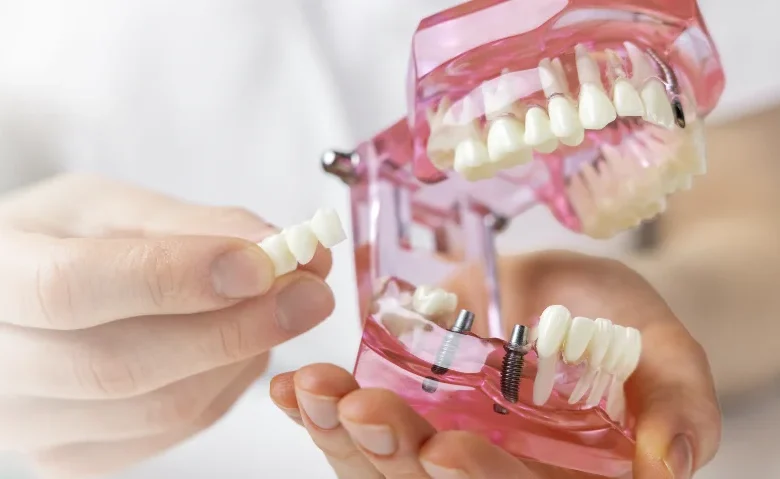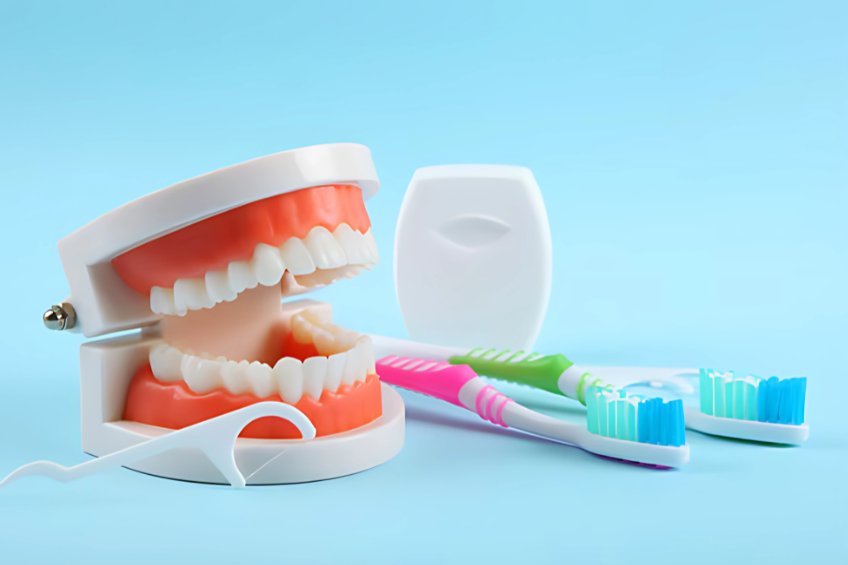Maintaining good oral health habits is more than achieving a white smile, it is also about keeping your gums healthy. Gum diseases such as gingivitis and periodontal disease are often difficult to detect until it is too late. Periodontal disease is also the leading cause of tooth loss.
First time visiting?
Visit the Patient Center to learn what to expect from your first visit, forms, financial policies, and frequently asked questions!





